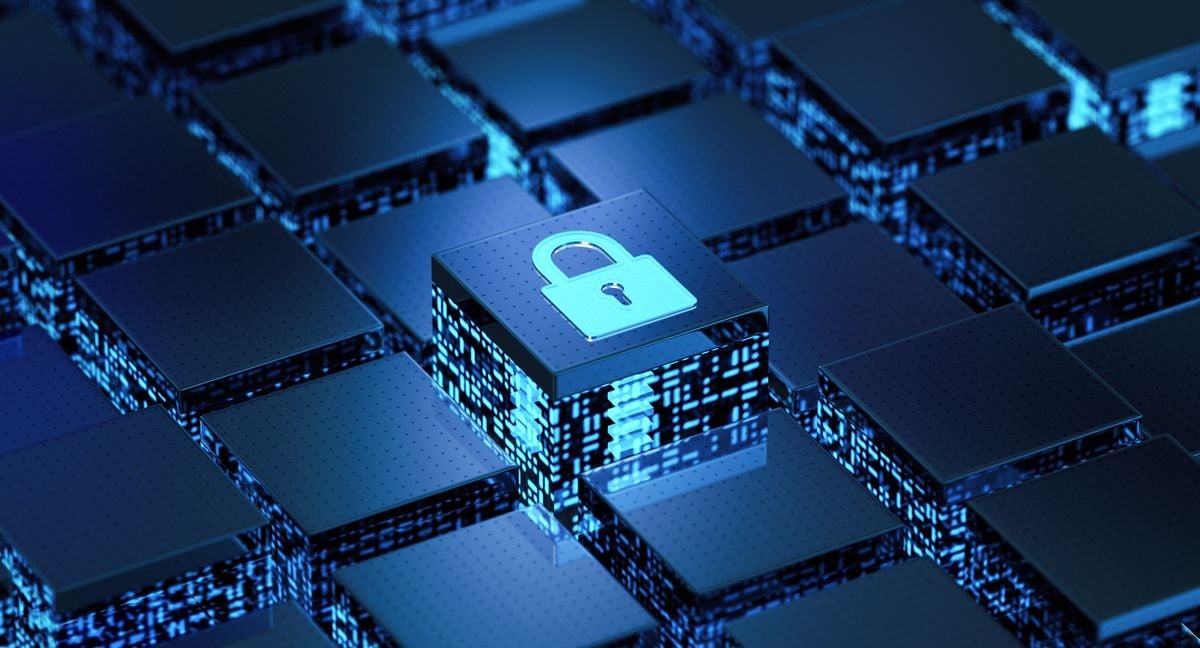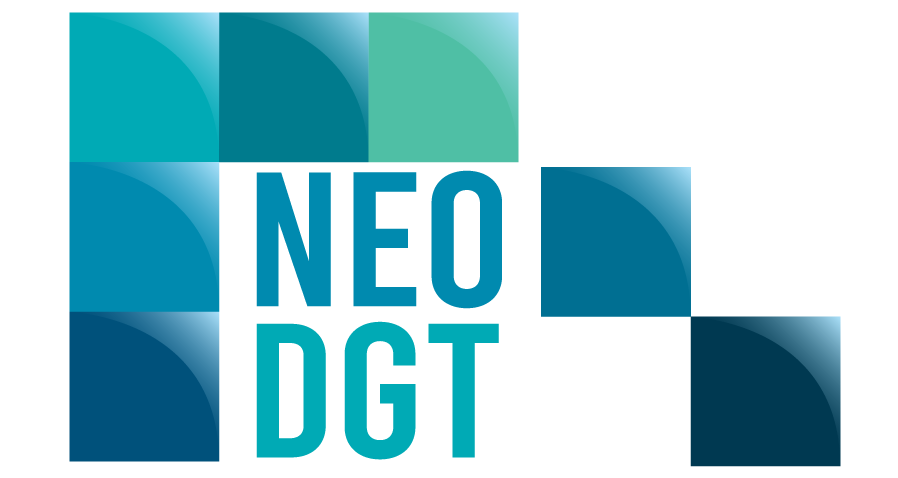🔐 How to Stay Safe Online in 2025: Essential Tips and Tools for Protecting Your Privacy

In an age where we rely on the internet for nearly everything — from shopping and banking to communication and entertainment — online security and privacy have never been more important. Cyber threats are evolving, and personal data is more vulnerable than ever. As we enter 2025, staying safe online is not just about protecting your devices, but also about safeguarding your digital identity.
In this post, we’ll walk you through the essential tips and tools you need to protect your privacy, prevent cyberattacks, and ensure your personal data remains secure. Whether you’re a casual internet user or someone who’s constantly online, these tips will help you stay safe and keep your data private.
🔒 Why Online Privacy Matters More Than Ever
The world is more connected than ever before, but this increased connectivity comes with serious risks. Hackers, scammers, and even large corporations are constantly looking for ways to access your personal information. Data breaches, identity theft, and financial fraud are common threats, and they can affect anyone — from casual internet users to businesses.
In addition to cybercriminals, there are privacy concerns regarding the way online platforms track and collect data about you. Social media, search engines, and even your internet service provider (ISP) can monitor your online activities, which means your personal information is being used for advertising or, worse, shared with third parties.
But don’t worry — while the internet can seem like a risky place, there are many tools and practices that can protect your privacy. Let’s explore the best ways to stay safe in 2025.
🛡️ 1. Use a VPN (Virtual Private Network) for Anonymous Browsing
One of the easiest and most effective ways to protect your online privacy is by using a VPN. A VPN encrypts your internet connection and masks your IP address, making it difficult for anyone (including hackers, advertisers, or even your ISP) to track your online activities.
VPNs are particularly important when using public Wi-Fi networks, as these are often not secure and can be easily exploited by cybercriminals. With a VPN, you can browse the internet safely from anywhere, without worrying about your data being intercepted.
There are plenty of VPN options available, with some offering free versions or affordable subscriptions that provide strong encryption and a variety of server locations. Look for reputable VPN providers that don’t log your browsing activities, ensuring your privacy remains intact.
🔑 2. Enable Two-Factor Authentication (2FA) for Extra Security
Even the most secure passwords can be compromised. That’s why enabling Two-Factor Authentication (2FA) is essential for protecting your accounts. 2FA adds an extra layer of security by requiring two forms of verification: typically, your password and a second factor like a temporary code sent to your phone or email.
Many online services now offer 2FA, including Google, Facebook, Apple, and banks. By enabling 2FA, you significantly reduce the chances of someone gaining unauthorized access to your accounts, even if they have your password.
👁️🗨️ 3. Review and Control Your Privacy Settings
Social media platforms and online services collect a lot of personal information about you. To safeguard your privacy, it’s essential to regularly review and adjust your privacy settings on each platform you use.
Most platforms allow you to control who can see your posts, who can contact you, and how your data is shared. For example, on platforms like Facebook and Instagram, you can adjust your privacy settings to limit the visibility of your posts to just friends or certain groups.
Additionally, make sure to turn off features like location tracking and automatic data collection in your settings. These features are often enabled by default and can compromise your privacy without your knowledge.
🛡️ 4. Use Secure Passwords and a Password Manager
Creating strong, unique passwords for every account is crucial in 2025. Avoid using the same password for multiple services or creating easily guessable passwords (such as “password123” or “admin”). Instead, use a combination of uppercase and lowercase letters, numbers, and special characters to create a strong password.
One of the easiest ways to manage your passwords securely is by using a password manager. These tools securely store your passwords, allowing you to create complex, unique passwords for every account without the need to remember them all. Many password managers also include password generators to help you create safe passwords on the spot.
Popular password managers like LastPass, 1Password, and Bitwarden offer both free and paid versions with features that help secure your online accounts.
🔐 5. Be Careful with Public Wi-Fi Networks
While public Wi-Fi is incredibly convenient, it’s also a hotspot for cyber threats. Public networks, like those found in coffee shops, airports, and hotels, are often unsecured and make it easier for hackers to intercept your data.
To stay safe when using public Wi-Fi, always use a VPN to encrypt your connection. If you’re not using a VPN, avoid accessing sensitive information like bank accounts, credit card details, or personal documents while on public networks.
🛑 6. Be Wary of Phishing Scams
Phishing scams have become increasingly sophisticated in recent years. Cybercriminals often use fake emails, text messages, or websites that appear legitimate in order to steal your personal information, login credentials, or even financial data.
To avoid falling for phishing scams, be sure to:
- Always verify the sender’s email address or phone number.
- Never click on suspicious links or attachments in unsolicited emails.
- Check the URL of any website you visit to make sure it’s secure (look for “https” in the address bar).
- Use email filters or security software that can help identify and block phishing attempts.
🔎 7. Stay Up-to-Date with Security Software
Keeping your devices protected is essential, and one of the best ways to do so is by using reliable security software. Whether you’re using a PC, Mac, or smartphone, having antivirus software, anti-malware, and firewalls installed will provide an extra layer of protection against cyberattacks.
Many antivirus programs also include features like anti-phishing protection, password managers, and VPN options, helping you stay secure across all of your online activities.
Popular choices include Norton, Bitdefender, and McAfee, which offer robust protection and regular updates to keep up with emerging threats.
🚨 8. Monitor Your Credit and Identity
Identity theft can happen to anyone, and it often goes unnoticed until it’s too late. To stay ahead of potential threats, consider using a credit monitoring service or an identity theft protection tool. These services track your credit and alert you to any suspicious activity, such as new accounts opened in your name.
Some services also offer dark web monitoring, which scans for any of your personal information being sold or shared online. By monitoring your credit and identity, you can quickly spot and address any potential issues before they become serious problems.
📝 Conclusion: Stay Safe and Protect Your Privacy in 2025
The digital world offers endless opportunities for entertainment, communication, and productivity, but it also comes with its risks. By following these essential tips and using the right tools, you can protect your privacy, keep your data secure, and defend yourself against online threats.
From using a VPN for anonymous browsing to enabling Two-Factor Authentication for added security, each step you take to safeguard your online presence helps ensure a safer and more secure experience in 2025. The internet can be a safer place with the right precautions in place — don’t wait until it’s too late to protect yourself!
